Here, we are sharing information on the topic “what do you mean by food poisoning.” Eating tainted, rotten, or poisonous food can result in foodborne illness, also known as food poisoning. The most typical signs of food poisoning include diarrhoea, vomiting, and nausea. Even though it hurts a lot, food poisoning happens frequently. 48 million Americans, or about one in seven, get food poisoning annually, according to the Centers for Disease Control and Prevention (CDC). Twelve thousand of those 48 million people are in hospitals.
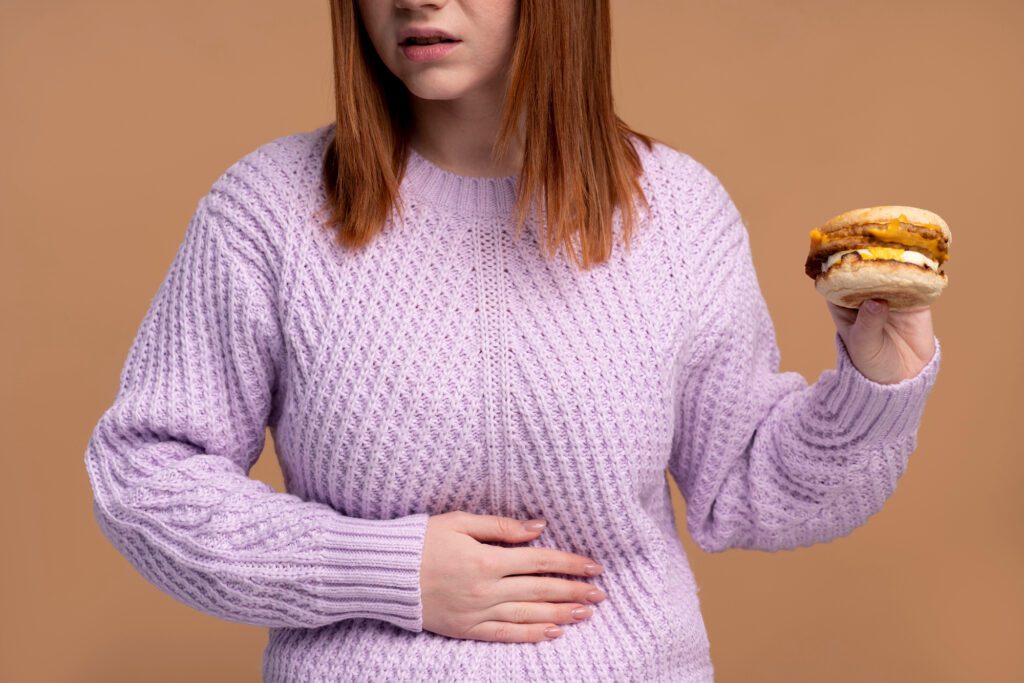
what do you mean by food poisoning
- Foodborne illness, also known as food poisoning, is a digestive system infection or irritation that is transmitted by food or beverages.
- Most cases of food poisoning are caused by bacteria, viruses, or parasites.
- Food poisoning can also result from the use of hazardous chemicals.
- Most cases of food poisoning are acute, which means they occur quickly and pass quickly.
- The majority of food poisoning episodes last less than a week, and most victims recover without medical assistance.
- Food poisoning can occasionally cause major consequences or a prolonged duration.
signs of food poisoning
It’s likely that your food poisoning will be discovered. Depending on the infection’s source, symptoms can change. Several of the following symptoms are commonly seen in cases of food poisoning:
- cramping in the abdomen
- nausea, vomiting, diarrhoea, and appetite loss
- little temperature, lassitude, headache
Food poisoning that could have fatal symptoms includes:
- Diarrhoea lasting more than three days and a temperature greater than 102°F (38.9°C)
- Indications of extreme dehydration, such as dry mouth, little to no urine flow, trouble keeping fluids down, and red urine, are difficult to observe or express.
- Make quick medical treatment arrangements or call a doctor if you encounter any of these symptoms.
Food poisoning causes
- One of the three main causes of food poisoning—parasites, viruses, or bacteria—is usually to blame.
- Nearly every meal that humans eat has these germs on it. On the other hand, cooking heat typically eliminates viruses from food before it reaches our plates. Due to their lack of preparation, foods consumed raw are frequently the cause of food illness.
- Food will occasionally come into contact with the microorganisms found in vomit or faeces. This is most likely to happen when someone who is ill cooks without washing their hands first.
- Dairy products, eggs, and meat are often contaminated. Additionally, pathogenic organisms could contaminate the water.
Treatments for food poisoning
Most cases of food poisoning can be handled at home. The following are some methods for treating food poisoning:
- Remain hydrated
It’s important to stay properly hydrated if you have a food illness. Electrolyte-rich sports beverages may be beneficial. Coconut water and fruit juice can replenish carbs and alleviate weariness.
- Steer clear of caffeine
As it can cause gastrointestinal irritation. An upset stomach may be soothed by decaffeinated teas infused with calming herbs, including dandelion, peppermint, and chamomile. See more about how to treat upset stomachs.
- Utilize over-the-counter (OTC) pharmaceuticals
- Over-the-counter (OTC) drugs like Pepto-Bismol and loperamide (Imodium) can help you control diarrhoea and reduce nausea.
- Before taking these drugs, though, you should consult a doctor because the body uses vomiting and diarrhoea to get rid of the toxin. Additionally, taking these drugs may make the condition appear worse than it is and put you off getting professional help.
- A typical treatment for pinworms is pyrantel pamoate, often known as Reese’s Pinworm Medicine.
What to consume when suffering from food illness
It’s advisable to progressively postpone eating solid meals until after vomiting and diarrhoea have subsided. Rather, gradually reintegrate it into your regular diet by consuming bland, easily digested foods and beverages like:
- saltine crackers
- toast
- gelatin
- bananas
- bland potatoes
- rice
- oatmeal
- cooked veggies
caffeine-free sodas made with chicken broth, such:
- ginger ale or
- root beer or
- diluted fruit liquids
- sports beverages
Things not to do
Even if you feel better, try to stay away from the following harder-to-digest foods to keep your stomach from becoming more upset:
- dairy products, particularly cheese and milk
- fatty dishes
- Fried dishes
- intensely spiced cuisine
- dishes that are hot and heavy in sugar
Additionally, stay away from:
- caffeine
- alcohol
- nicotine
Prognosis for foodborne illness
Food poisoning rarely poses a serious risk to life. Even though food poisoning is extremely uncomfortable, the majority of victims fully recover in a matter of days, even in the absence of medical intervention.
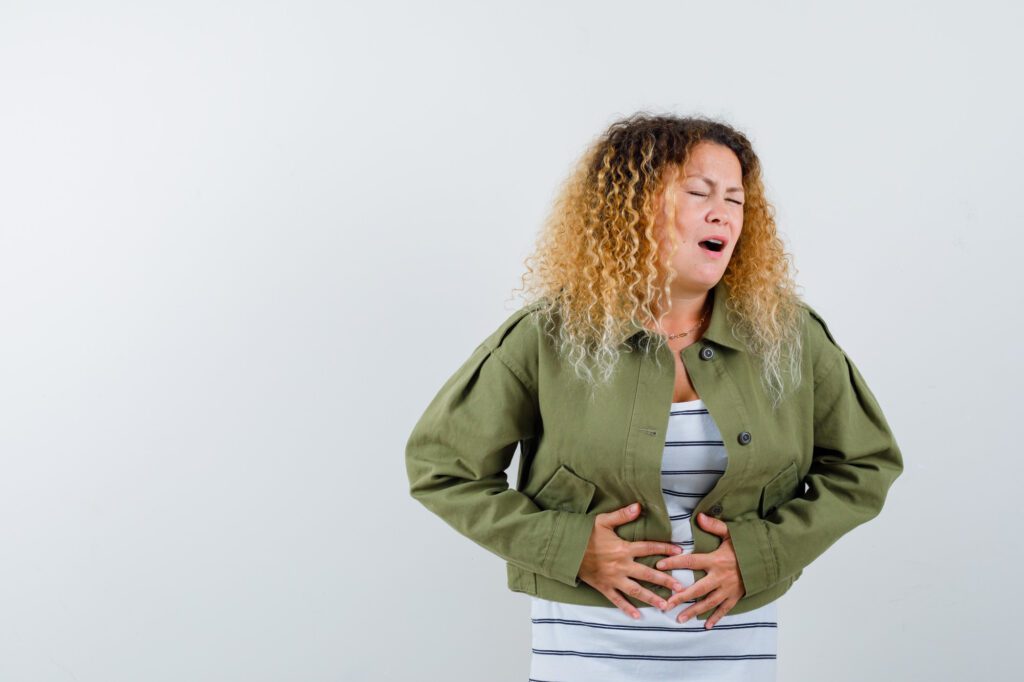
conclusion
(what do you mean by food poisoning)
A major health risk that results from eating or drinking tainted food or beverages is food poisoning. It is caused by ingesting dangerous bacteria, viruses, parasites, or toxins and can cause a variety of symptoms, including fever, diarrhoea, vomiting, nausea, abdominal discomfort, and, in extreme situations, even death. To reduce the risk of food poisoning, preventive steps like safe food handling, storage, and cooking are crucial, as is upholding excellent hygiene standards. Early symptom detection and medical intervention can help avoid problems and promote a speedy recovery. In general, protecting the public’s health and raising awareness of food safety require an understanding of the causes and symptoms of food poisoning.
Frequently asked questions
(what do you mean by food poisoning)
What do you mean by food poisoning?
Answer: Food Poisoning: Definition and Facts (NIDDK)
Foodborne illness, also known as food poisoning, is a digestive system infection or irritation that is transmitted by food or beverages. Most cases of food poisoning are caused by bacteria, viruses, or parasites. Food poisoning can also result from the use of hazardous chemicals.
Why is it called food poisoning?
Answer: Food poisoning gets its name from the fact that these toxins are poisons that can induce vomiting and diarrhoea. Physicians typically refer to a sickness that develops soon after consuming tainted food as “food poisoning.” After infection, people frequently experience diarrhoea or begin to throw up within a few hours.
What foods cause food poisoning?
Answer: CDC List of Foods That May Cause Food Poisoning
foods derived from animals that are raw or undercooked, such as meat, poultry, eggs, raw (unpasteurized) milk, and shellfish. Raw fruits, grains, and vegetables, or goods derived from them, such as flour, sprouts, and leafy greens,.
So, this is how the topic “what do you mean by food poisoning” has been addressed.
- For more information related to these topics, click here.
- You may also visit our Instagram page by clicking here.
- You may also visit our YouTube channel by clicking here
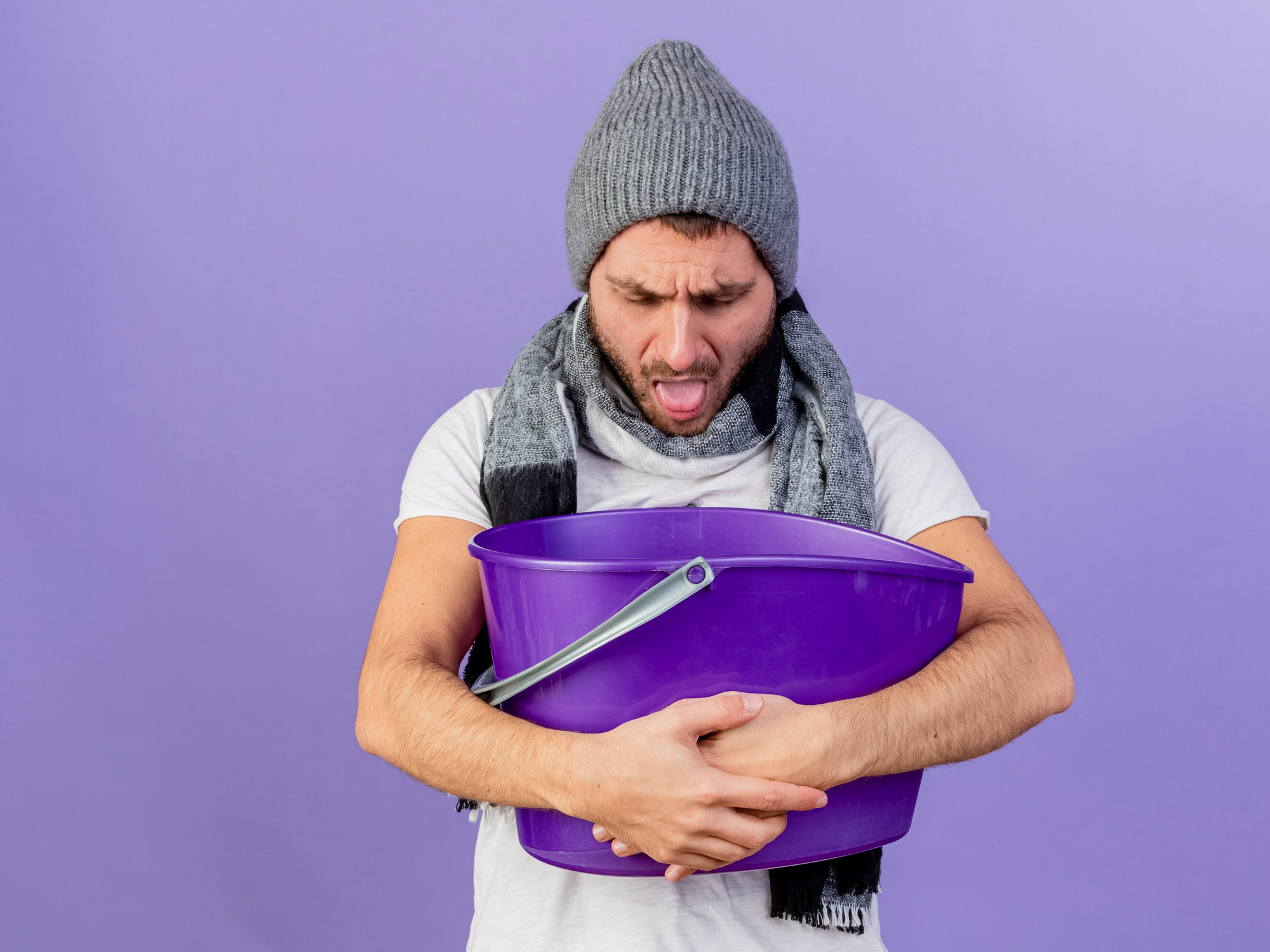

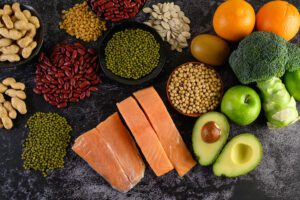


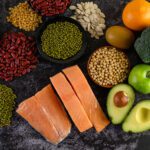

[…] For more information related to these topics, click here. […]